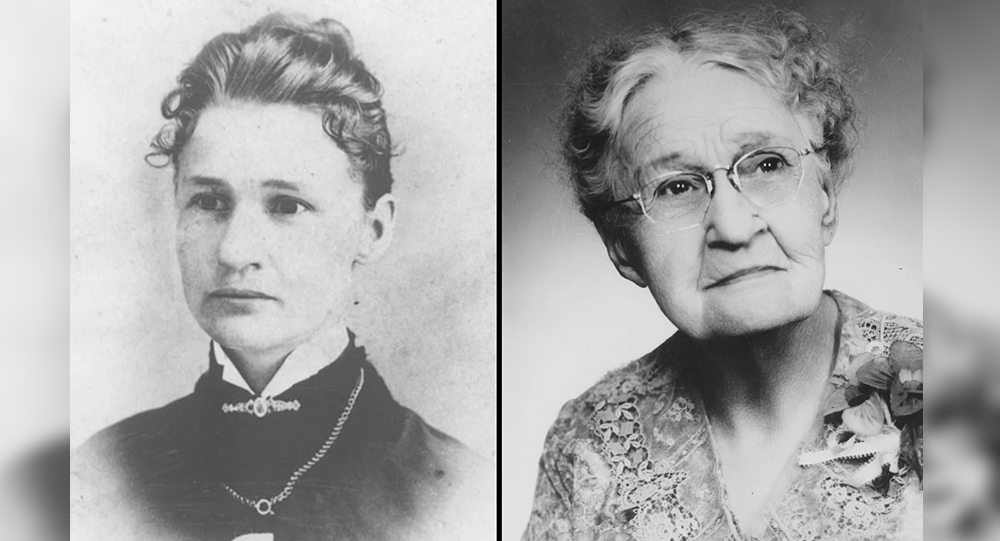

Susanna Salter: The Trailblazing Story of America’s First Female Mayor
In a small town in Kansas, a remarkable event unfolded that would change the course of American political history. Susanna Madora Salter was elected as the first female mayor in the United States on April 4, 1887, in Argonia, a town with a population of around 400. Her election was not only groundbreaking but also born out of an unexpected twist of fate.
The Context of Women’s Suffrage in Kansas
Kansas was ahead of many states in granting women the right to vote. By 1861, women could vote in school board elections, and by 1887, they were allowed to vote in municipal elections. This progressive attitude towards women’s suffrage set the stage for Salter’s historic election, occurring 32 years before the nationwide adoption of women’s suffrage with the 19th Amendment in 1920.
The Unlikely Candidacy
Salter’s path to becoming mayor began as a prank orchestrated by a group of men from the Prohibition Party. They placed her name on the ballot, believing it would embarrass her and the Women’s Christian Temperance Union (W.C.T.U.), which she led. The men assumed that only a handful of women would vote for her, expecting a humiliating defeat.However, the joke backfired spectacularly. When Salter learned she was on the ballot, she agreed to accept the position if elected. With her support, members of the W.C.T.U. rallied behind her candidacy and voted en masse. In an unexpected turn of events, Salter won the election with approximately two-thirds of the votes cast.
A Historic Term
Salter served as mayor for one year and was paid just $1 for her service. Although her term was relatively uneventful, her election marked a significant milestone in American history. It paved the way for other women to enter politics; within a year, several other towns followed suit by electing female mayors and city councils.Despite only serving one term and never seeking another political office, Salter’s impact resonated throughout Kansas and beyond. Her election demonstrated that women could hold significant positions of power and influence in governance.
Legacy and Recognition
Susanna Salter lived a long life, passing away at the age of 101 in 1961. Her legacy is celebrated as an essential part of American history, particularly in discussions surrounding women’s rights and political representation. In recognition of her contributions, her home in Argonia has been preserved as a historical site.Salter’s story serves as an inspiration for future generations of women leaders. It highlights the importance of perseverance and courage in breaking through societal barriers. Today, women make up about 30% of state legislatures across the U.S., reflecting ongoing progress towards gender equality in politics.
Fun Facts About Susanna Salter
- First Female Mayor: Elected on April 4, 1887, making history as America’s first female mayor.
- Accidental Candidacy: Her name was placed on the ballot as part of a prank by local men.
- W.C.T.U. Leadership: She was an active member and president of the Women’s Christian Temperance Union.
- Historic Impact: Her election led to an increase in female candidates across various towns shortly after.
- Long Life: Salter lived to be 101 years old, witnessing significant changes in women’s rights throughout her lifetime.
Conclusion
Susanna Madora Salter’s story is not just about being the first woman elected as mayor; it is about resilience against ridicule and breaking through societal norms. Her unexpected rise to political office symbolizes a pivotal moment in American history that continues to inspire women today to pursue leadership roles across all sectors. As we reflect on her legacy, we recognize that every step taken towards equality builds upon those who dared to lead before us.


